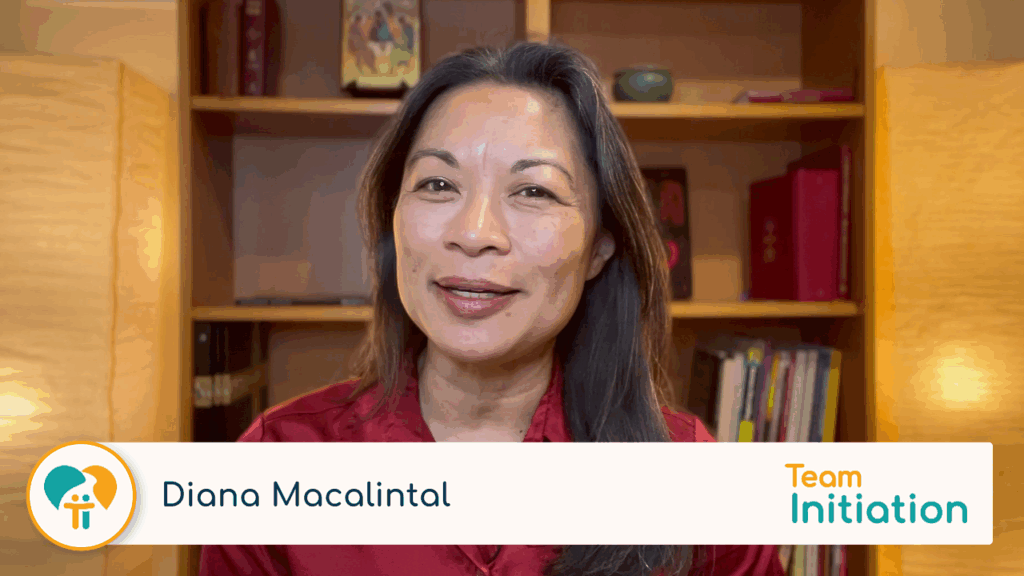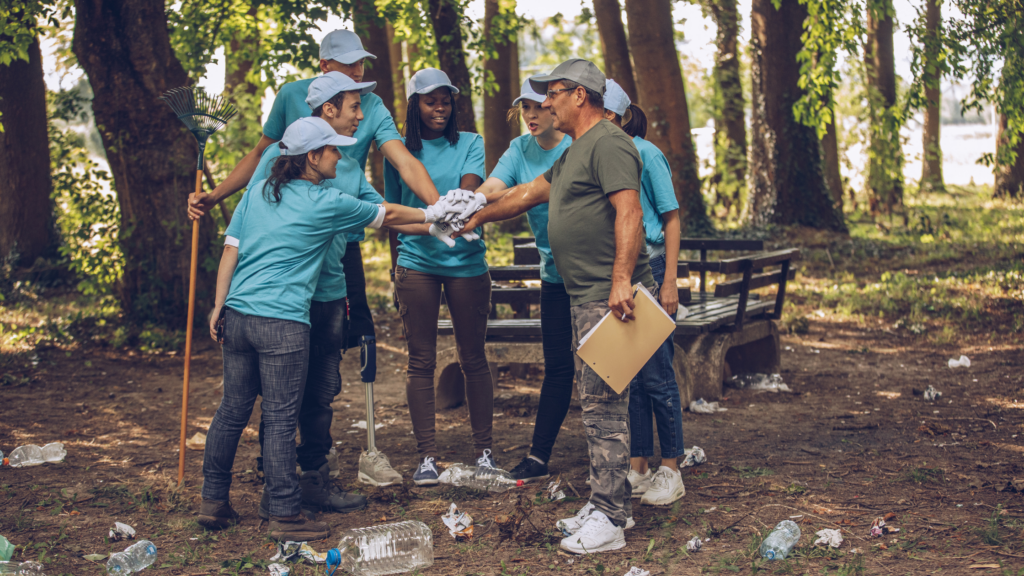 According to a study conducted by University of Kansas professor Jeffrey Hall and published in the Journal of Social and Personal Relationships, it takes 50 hours to make a friend. 50 hours! After I read that, I turned to the RCIA. In order for one to become friends with Jesus Christ, the catechumens have to get to know him in a course of year, “several years to if necessary” (RCIA 76). Not just a five-month process. And it is really about becoming a friend, not just learning about the social institution of the church, which theologically, we say is Christ’s body.
According to a study conducted by University of Kansas professor Jeffrey Hall and published in the Journal of Social and Personal Relationships, it takes 50 hours to make a friend. 50 hours! After I read that, I turned to the RCIA. In order for one to become friends with Jesus Christ, the catechumens have to get to know him in a course of year, “several years to if necessary” (RCIA 76). Not just a five-month process. And it is really about becoming a friend, not just learning about the social institution of the church, which theologically, we say is Christ’s body.
How God Can Be Our Friend
According to the study, you have to dedicate 50 hours to graduate from acquaintance to “casual friend.” It takes 90 hours to become a “friend.” And to become a “close friend” will require 200-plus hours.
I think back to my own friendships. Friends are those I have spent time with in schools and in work. Because of the hours spent together, I have gotten to know them in a deep level through conversations, hospitality, trust, and of course, meal-after-meal and drink after drink with delirious conversations after. I look back at times when various spiritual directors asked me, “Who is Jesus to you” and “friend” would be in the top choices besides God and healer.
I try to remember that God comes to me as a stranger — how do I welcome?
I try to remember that God creates friendship with me to be part of God’s saving work — how can I commit to it?
I try to remember that God became like me to love and serve each other as one body — how can I help others feel loved or connected?
What is a “friend” in the RCIA?
In the Rite of Christian Initiation of Adults, the words “friendship” and “friend” don’t readily show up in the sections referring to adults. But we do see those terms in the process adapted for children (see RCIA 264, 287, 324). Is there anything in the RCIA that can point us towards how to become close friends with Jesus?
Reflecting on my time as a catechumenate director, I have seen and experienced the pitfalls of holding the catechumenate process to a “fall to Easter” schedule. I was in a a college environment where not only did I contend with the liturgical calendar, but also the Gregorian, the university academic, and of course, the social. It wasn’t pretty when they were laid out side by side, but it was an adventure of relying on the Spirit, incorporating “full and intelligent use” (RCIA 35) of a year-round process (including academic breaks), and implementing RCIA paragraph 75 for students based on what resources I had around me.
Some of the many ways students encounter Christ can include university lectures, prayer experiences, small groups, community based learning experiences, impromptu praise and worship on the grassy knoll, and even hospitality hours with residence hall spirituality staff.
I would mystagogically follow up with those in the process by asking questions of wonder as we encountered God; the presence of social media, texting/iMessaging, and FaceTime made it easy for us to connect instead of copping out: “Oh you’re busy? No worries. Next time we can talk.” (And then we forget and move on…) But this does not replace human interaction!
The Real Work of Friendship in the RCIA
Our weekly gatherings and dismissals of the catechumens (not solely on Sundays!) would begin with the question of where did we experience and encounter God, hearkening to the Jesuit tradition of “finding God in all things”. And therefore allowing the “Word to become flesh” in our own application of faith and spirituality in tandem with the scriptures of the day. Together, we, not just the catechumens, embraced our human experiences, our daily living, to shed light on what the Church is teaching us in the scripture and the tradition. And we ask ourselves the challenging question of how do we live with this “new perception of faith, the church and of the world”? (RCIA 245)
I was not too concerned in making sure I had my boxes checked for teaching specific syllabus topics with those in the RCIA process. I was more concerned that they had a personal friendship with Jesus. The mystic, Saint Gregory of Nyssa summed it up best: “The only thing truly worthwhile is becoming God’s friend.” It was not my job to teach catechumens everything about the Catholic tradition but to form and immerse them in our Christian worldview so that they can be comfortable around other Catholics, and in turn, become friends with them, too.
The practice of friendship is hard work, and it is central to who we are as Catholic Christians because that is what God wants for us. And that can take a lifetime, not just 50 or 200 hours…of love.
Your Turn
How does your RCIA process foster friendship in your community? How about friendship with Christ? Share your thoughts in the comments below!
 John Michael Reyes is the Spiritual Life Coordinator & Director of Prayer and Worship (P-8) at the Schools of the Sacred Heart (Atherton, CA), He holds a Master of Divinity degree from the Jesuit School of Theology of Santa Clara University. He is a retreat director, cantor, spiritual director, and has experience as a hospital chaplain. John Michael served as Director of Sacramental Formation and Liturgy for Santa Clara University’s Campus Ministry until August 2018.
John Michael Reyes is the Spiritual Life Coordinator & Director of Prayer and Worship (P-8) at the Schools of the Sacred Heart (Atherton, CA), He holds a Master of Divinity degree from the Jesuit School of Theology of Santa Clara University. He is a retreat director, cantor, spiritual director, and has experience as a hospital chaplain. John Michael served as Director of Sacramental Formation and Liturgy for Santa Clara University’s Campus Ministry until August 2018.


















Grateful for your accompaniment of our catechumens and community members through the years, JM! We miss you already at SCU and send you blessings for the Sacred Heart community. Thanks for sharing!
Thanks, JC! Much love, and <<
Want to wish you well in your change of job and location and ministry, John Michael! All the best of blessings to you. Well-written article as well; thank you. Joanna Haston SCU ’74
Thanks, Joanna! And thank you for your ministry in Las Cruces – I’ll send you an email in a bit.
Go broncos!
john michael
scu’ 09, jst-scu’ 13